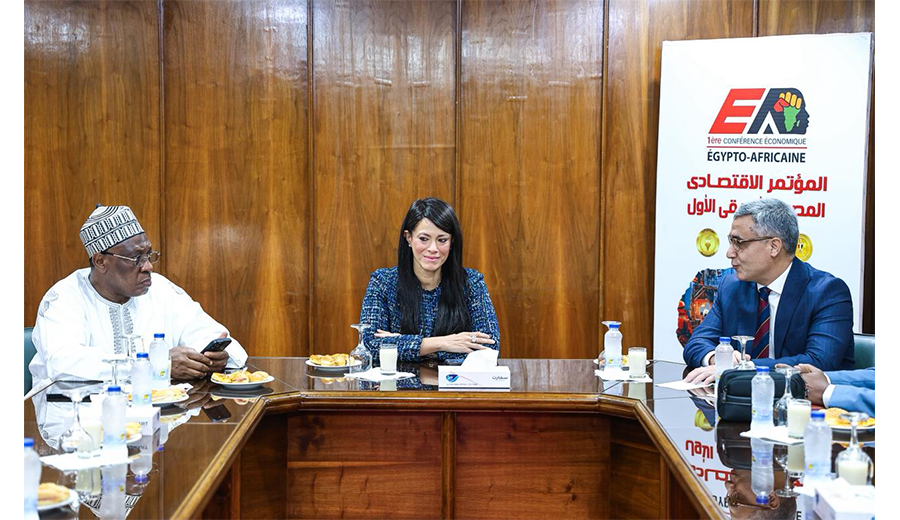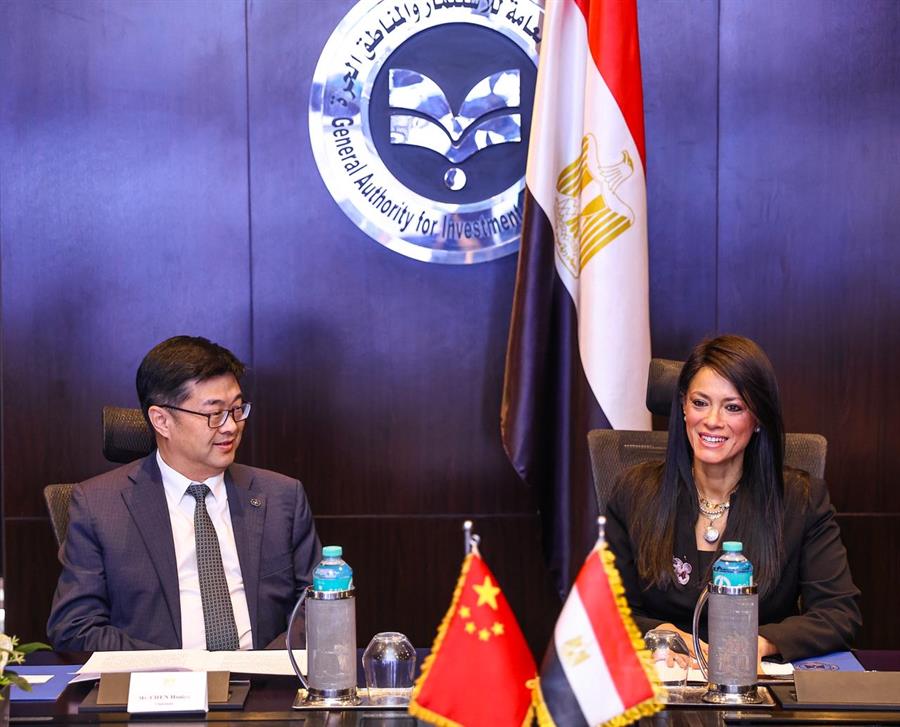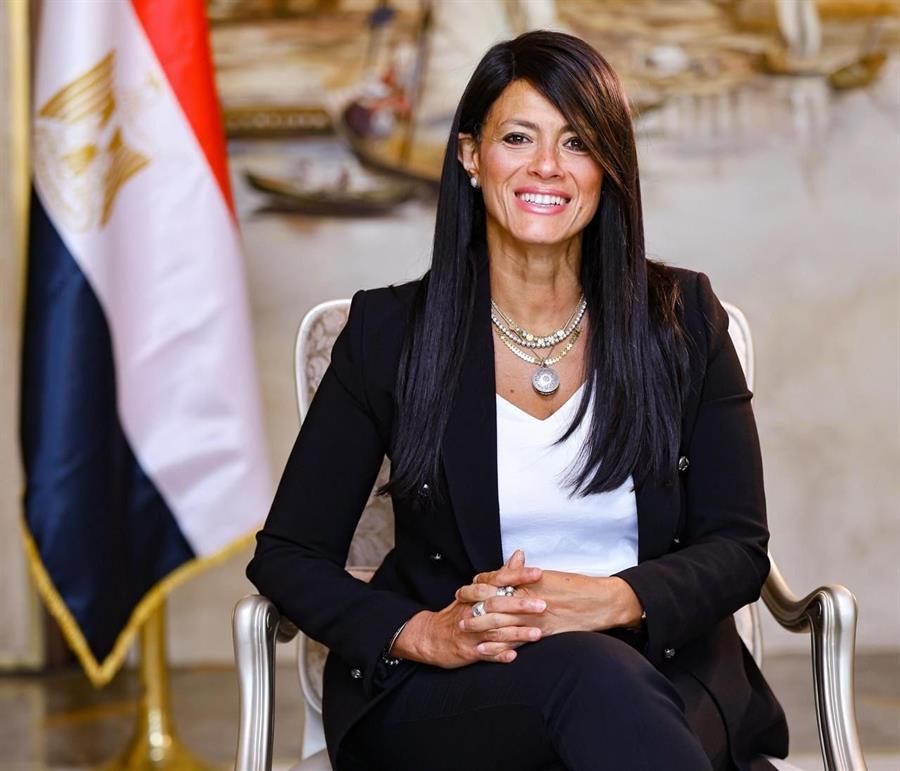National Initiative for Smart Green Projects announces 18 winning projects to be presented at COP27

03 November 2022
Egypt’s National Initiative for Smart Green Projects announced the winning 18 projects out of 6,281 submitted from all governorates.
The winning projects will be presented at the UN Climate Change Conference (COP27) -- set to take place in the Egyptian Red Sea city of Sharm El-Sheikh -- along with one project from each governorate.
Ambassador Hisham Badr, the general coordinator of the initiative, said that the initiative contributes to developing smart and unprecedented solutions to climate problems, noting that the initiative is sponsored by President Abdel-Fattah El-Sisi.
According to Badr, 162 projects were selected, with 6 projects from each governorate before being shortlisted to 18 winning projects to be presented at COP27, with each governorate choosing a certain project to be its ambassador.
He explained that clear criteria were set for evaluating projects, and the executive committees in the governorates were adequately trained.
First place winner will be awarded EGP 750,000, the second EGP 500,000, and the third EGP 250,000. This is in addition to the United Nations' support for the 18 projects.
The announcement was made in a ceremony attended by Prime Minister Mostafa Madbouly, Minister of Planning and Economic Development Hala El-Said, Minister of Local Development Mahmoud Shaarawi, and President of the National Council for Women Maya Morsy.
The event was attended by representatives of international organisations, including Elena Panova, the resident representative of the United Nations in Egypt.
In August, the prime minister launched the National Initiative for Smart Green Projects to choose the best proposals in six categories, including large and medium-sized projects, small local projects, especially those associated with the presidential initiative "Decent Life", and projects provided by startups and non-profit communities.
The categories also include development projects related to women, climate change and sustainability.
Each governorate submitted 6 projects, one in each category.
In the final stage, three projects were selected from each category, bringing the total of the winning projects at the national level to 18 projects.









